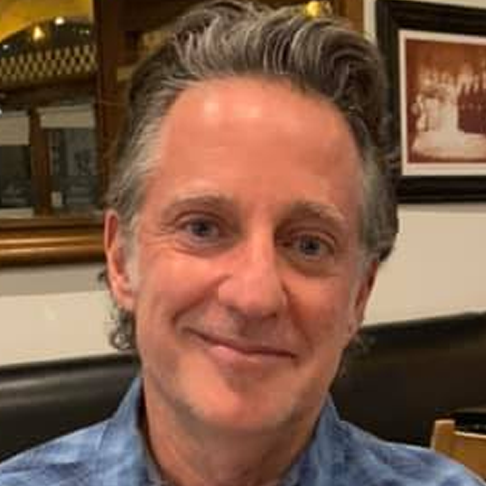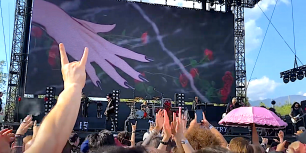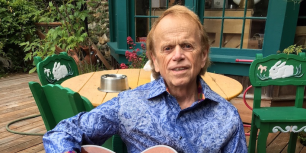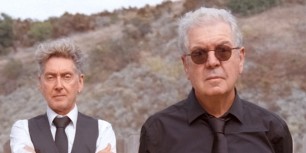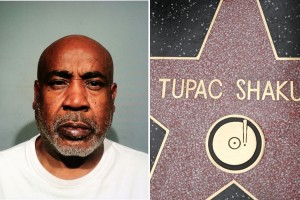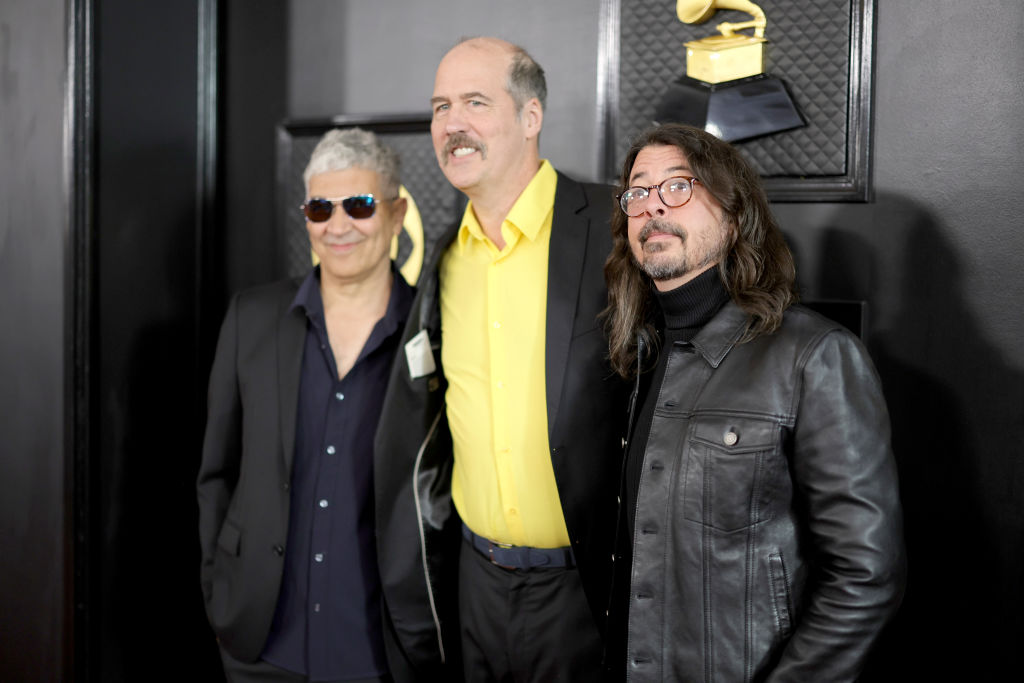
Indie/punk legend Steve Albini died of a heart attack at his Chicago studio Electrical Audio, a staffer at the studio confirmed.
His death at 61 has music fans reflecting on his greatest achievements, which include recording albums by the Pixies, The Breeders, Jimmy Page and Robert Plant, The Stooges, Cheap Trick and others.
Albini's greatest achievement, however, may have been his work on Nirvana's third and final studio album, 1993's In Utero, the follow-up to the band's massive breakthrough Nevermind.
His involvement came as Nirvana was grappling with their newfound mainstream success and personal drama that included Kurt Cobain's heroin addiction and reports that his wife, Courtney Love, used heroin while pregnant with the couple's first child, Frances Bean, which Love vehemently denied.
Months before In Utero was released, Newsweek reported the Nirvana's record label, Geffen/DGC, felt the album recorded by Albini - who preferred the "recorded by" credit to "producer" -- was too harsh. Scott Litt, known for his work with R.E.M., was brought in to remix the single "Heart-Shaped Box" and "All Apologies." DGC/Geffen took out a full-page ad in Billboard slamming the Newsweek piece.
In interviews for The Billboard Book of Number One Albums, Nirvana bassist Krist Novoselic and Albini spoke about album and the controversy. Novoselic said that the material that he, Cobain and drummer Dave Grohl were jamming on before settling on the material for In Utero was in a more aggressive vein and it was Cobain who suggested bringing in Albini.
"After I heard the way the songs turned out, it was like, 'Yeah, Albini would be cool. He would be the man for the job,'" Novoselic said. "We didn't trust anyone else."
In Utero was recorded and mixed in about 12 days in a studio in the woods 40 miles from Minneapolis. "The band and I both were trying to make a record that was very straightforward, very accurate, a powerful hi-fi recording without doing the contemporary studio tricks," Albini said. "The band recorded essentially live in the studio."
While Albini -- who also played in the punk bands Big Black, the unfortunately named Rapeman and Shallac -- was there to help Nirvana return to their punk rock roots, the band wasn't completely satisfied with the recordings.
"I was really happy with the record, but 'Heart-Shaped Box' irked me. It just wasn't right. There was a horrible effect on the guitar," Novoselic said. "Then Kurt wanted to add some background vocals." Albini and another candidate, Andy Wallace, were booked up, Novoselic said. "We wanted to do it right away, so I called up Scott Litt," he added. "I really like the way that [R.E.M.'s] Automatic for the People and Document sound." Litt then handled the additional recording sessions.
Though In Utero wasn't as commercially successful and Nevermind, it also managed to top the Billboard 200, temporarily displacing In Pieces by country superstar Garth Brooks, and giving Nirvana some additional indie cred following their mainstream breakthrough.
Although Albini later dismissed the final version of In Utero saying it "doesn't sound all that much like the record that was made," his presence in the studio likely helped Cobain and company regain their footing after being rocketed into rock superstar status with Nevermind.
For the tour to support In Utero, Nirvana turned to another punk rock legend for support, adding Germs guitarist (and future Foo Fighter) Pat Smear as a touring guitarist. "He's got a lot of spirit and spunk, and that rubs off on the band," Novoselic said.
Novoselic also joked about another element added for that tour - a cellist who joined the band on a few quieter numbers. "We will probably do a quiet part of the show," he added, "where we dim the lights, break out the candelabras and have special appearances by James Taylor, Art Garfunkel and Burl Ives - who lives in Washington, by the way."
